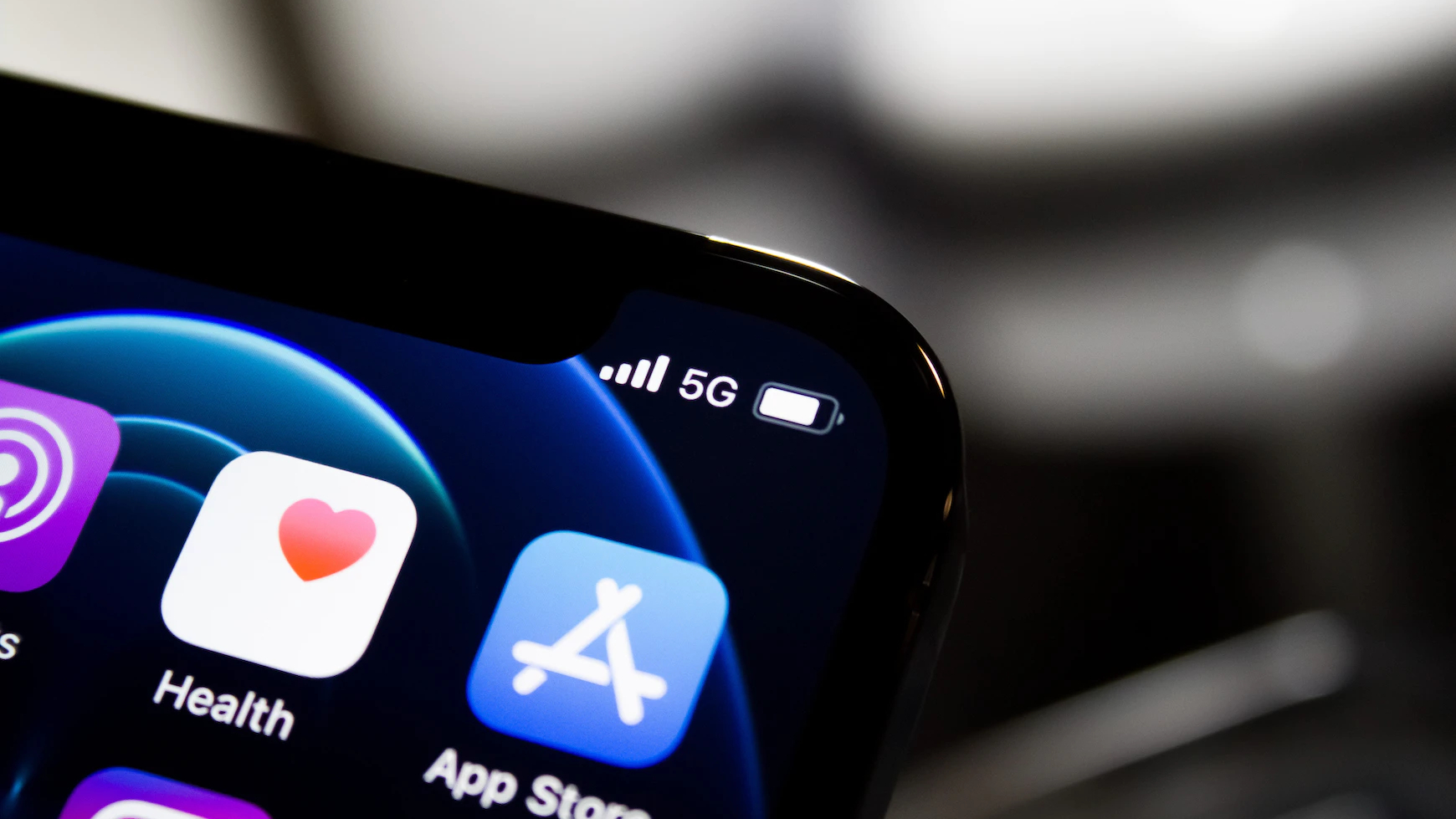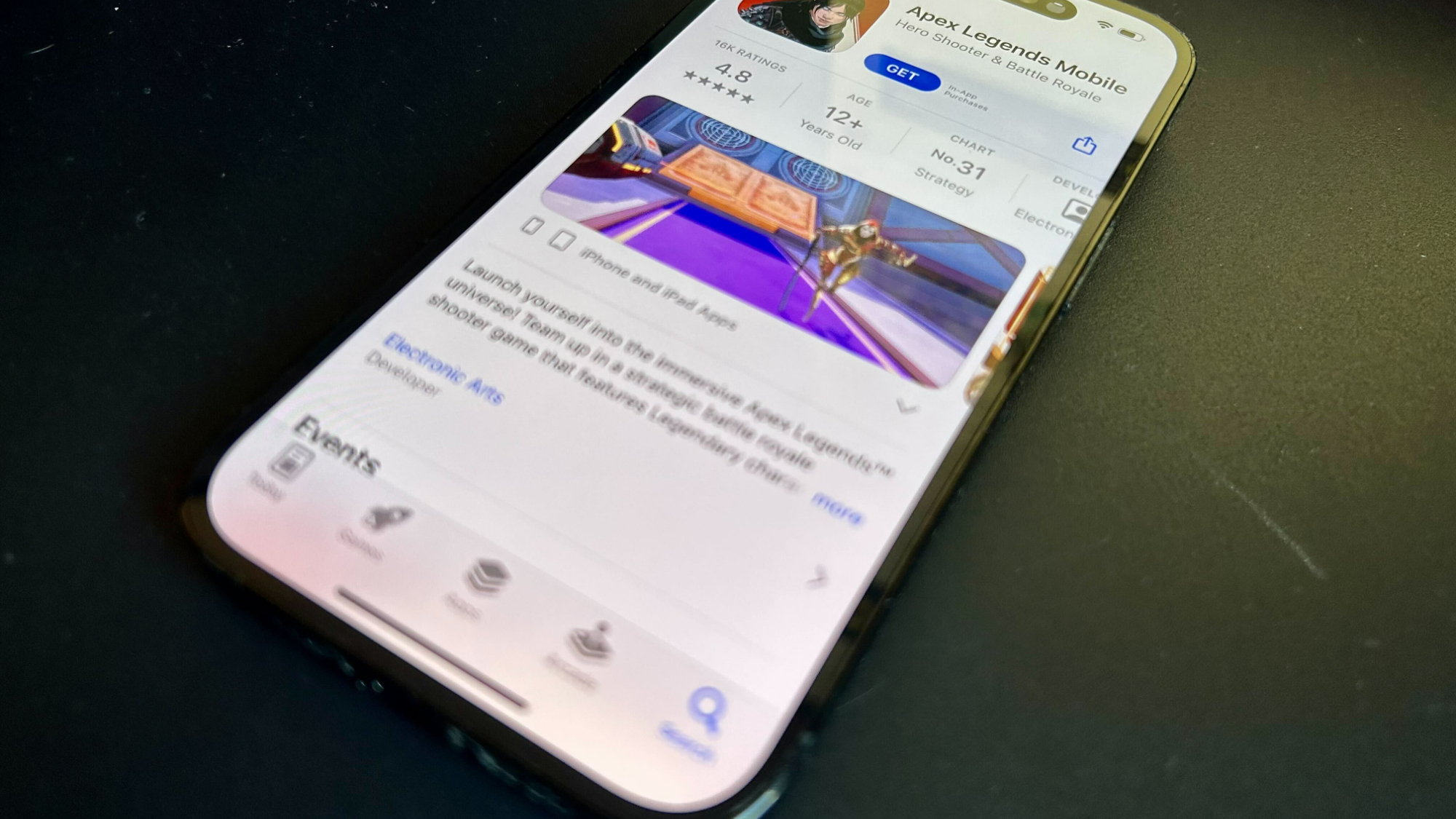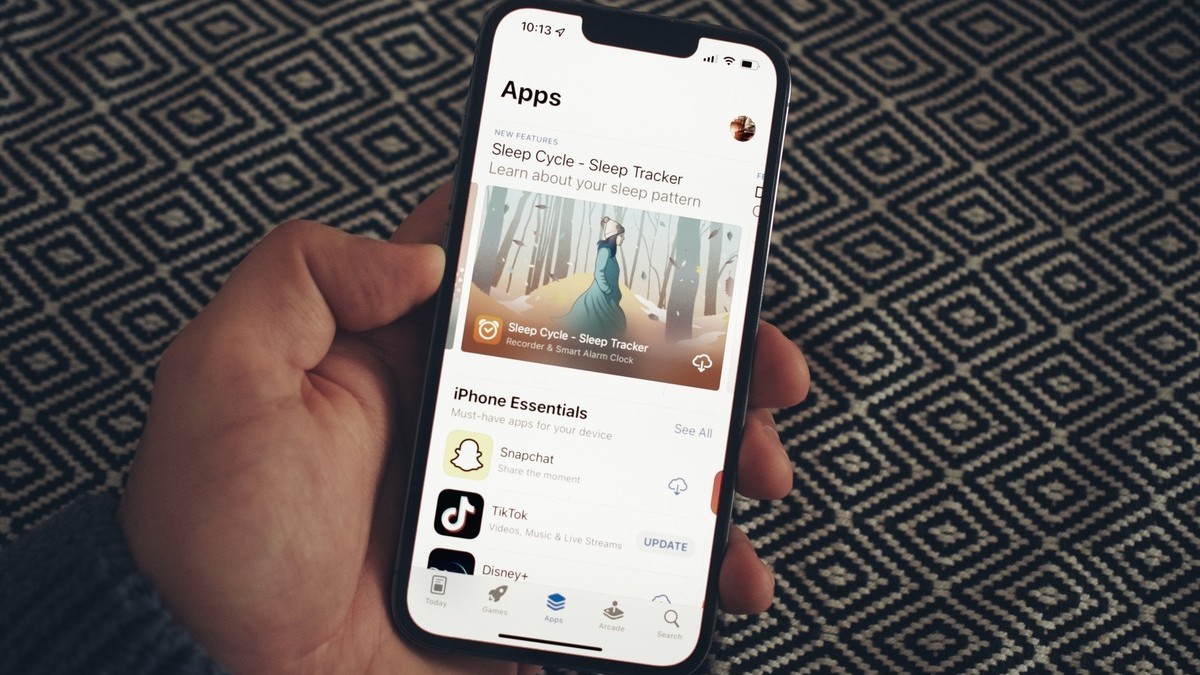Apple confirms major App Store changes are expected to hit iPhone soon
Months away...

Apple has confirmed that it expects to make changes to its App Store ahead of impending EU law changes coming into effect early next year.
The News
In its most recent annual report, filed to the SEC, Apple has quietly tweaked a portion of its Risk Factors to indicate that it expects to make further business changes to the way its App Store runs. The admission comes ahead of the new European Union Digital Markets Act, which Apple must comply with by March 2024. The EU DMA came into force earlier this year but has a grace period for companies like Apple to get their affairs in order regarding compliance.

Why it matters
Apple currently only lets iPhone and iPad users download and install software from one place, its App Store, and all digital transactions on the device must be made using in-app purchases. The EU’s proposed changes will likely give users alternative ways to install apps, such as through third-party app stores from companies such as Epic Games or Meta (Facebook), while also making purchases on iPhone through different avenues beyond in-app purchases.

From the source
The aforementioned filing reveals plenty of noteworthy snippets about what Apple thinks of developers and its software model. Apple notes that it depends on support from third-party software developers to create apps for its iPhone and that if such apps didn’t exist or ceased to be developed, “customers may choose not to buy the Company’s products.” It also says that due to its “minority market share” of the smartphone, PC, and tablet market, developers might be “less inclined to develop or upgrade software for the Company’s products and more inclined to devote their resources to developing and upgrading software for competitors’ products with larger market share.”
Regarding the EU’s DMA and its App Store, Apple notes that “for the vast majority of applications, developers keep all of the revenue they generate from the App Store,” but that Apple takes a commission from sales of apps and digital services or goods within the application.
“The Company expects to make further business changes in the future, including as a result of legislative initiatives impacting the App Store, such as the European Union (“EU”) Digital Markets Act, which the Company is required to comply with by March 2024,” the filing states. Perhaps more interestingly, it goes on to note further “litigation and investigations” that have resulted in changes to the App Store and that “may in the future result in further changes.”
What could happen next?
There are rumors that Apple is already making plans to include third-party app stores and possible sideloading in a future update to its iOS software, perhaps as early as this year. It’ll have to be an iOS 17 update to comply, so look for a big change to the App Store landing in the next four months or so. The big question is whether these will be global changes, or confined to the EU. Apple has been forced to make some changes to its App Store already but has kept things local. Notably, laws in South Korea and the Netherlands saw changes made in those territories only, with Apple going no further than it absolutely had to.
Master your iPhone in minutes
iMore offers spot-on advice and guidance from our team of experts, with decades of Apple device experience to lean on. Learn more with iMore!
Other big questions include what will happen to apps on the App Store once third-party stores and sideloading are available. If you can download WhatsApp from a Meta app store for iPhone, will it also be available on the App Store, or will Meta remove it so that you have to give your details and information to it, rather than Apple, in order to gain access? Money makes the world, and the App Store, go round, so another key question remains as to what will happen to transactions made in different app stores or through different methods. Apple has shown no sign of relinquishing its commission on payments even if they aren’t made through in-app purchases, charging 27% rather than 30% on alternative in-app payments for dating apps in the Netherlands.
iMore’s take
The inevitable slow march of breaking open the App Store has almost reached its destination. I’ve covered the Epic Games “Free Fortnite” trial in depth and the EU’s developments over the last few months, and I think it’s clear big questions remain about plans to legislate the App Store open. There are big questions about the security of people’s data, their personal info, and their hard-earned cash. Many users buy Apple's best iPhones because they want to put their trust in Apple, and maybe choose the iPhone and its App Store precisely because of its closed, protected ecosystem.
I assume that many of these problems will fall to Apple to solve, in which case it will remain a “gatekeeper” to lots of different aspects of the iPhone’s business model, undermining the point of the legislation. For example, Apple’s App Store has strong parental controls to stop children from making purchases they shouldn’t or viewing adult content. Who will handle that responsibility in a third-party app store, and who is ultimately liable if something goes wrong? It’s also possible many of the developers and lawmakers who have advocated for these changes will be in for a big shock when Apple (inevitably) comes for its commission on purchases made through these new alternative stores.
As Tim Cook told the Epic Games trial court in 2021 when it comes to alternative payments, Apple “would have to come up with an alternate way of collecting our commission… figure out how to track what's going on and invoice it and then chase the developers…”, a process he believes “doesn’t need to exist.”
More from iMore

Stephen Warwick has written about Apple for five years at iMore and previously elsewhere. He covers all of iMore's latest breaking news regarding all of Apple's products and services, both hardware and software. Stephen has interviewed industry experts in a range of fields including finance, litigation, security, and more. He also specializes in curating and reviewing audio hardware and has experience beyond journalism in sound engineering, production, and design. Before becoming a writer Stephen studied Ancient History at University and also worked at Apple for more than two years. Stephen is also a host on the iMore show, a weekly podcast recorded live that discusses the latest in breaking Apple news, as well as featuring fun trivia about all things Apple. Follow him on Twitter @stephenwarwick9
